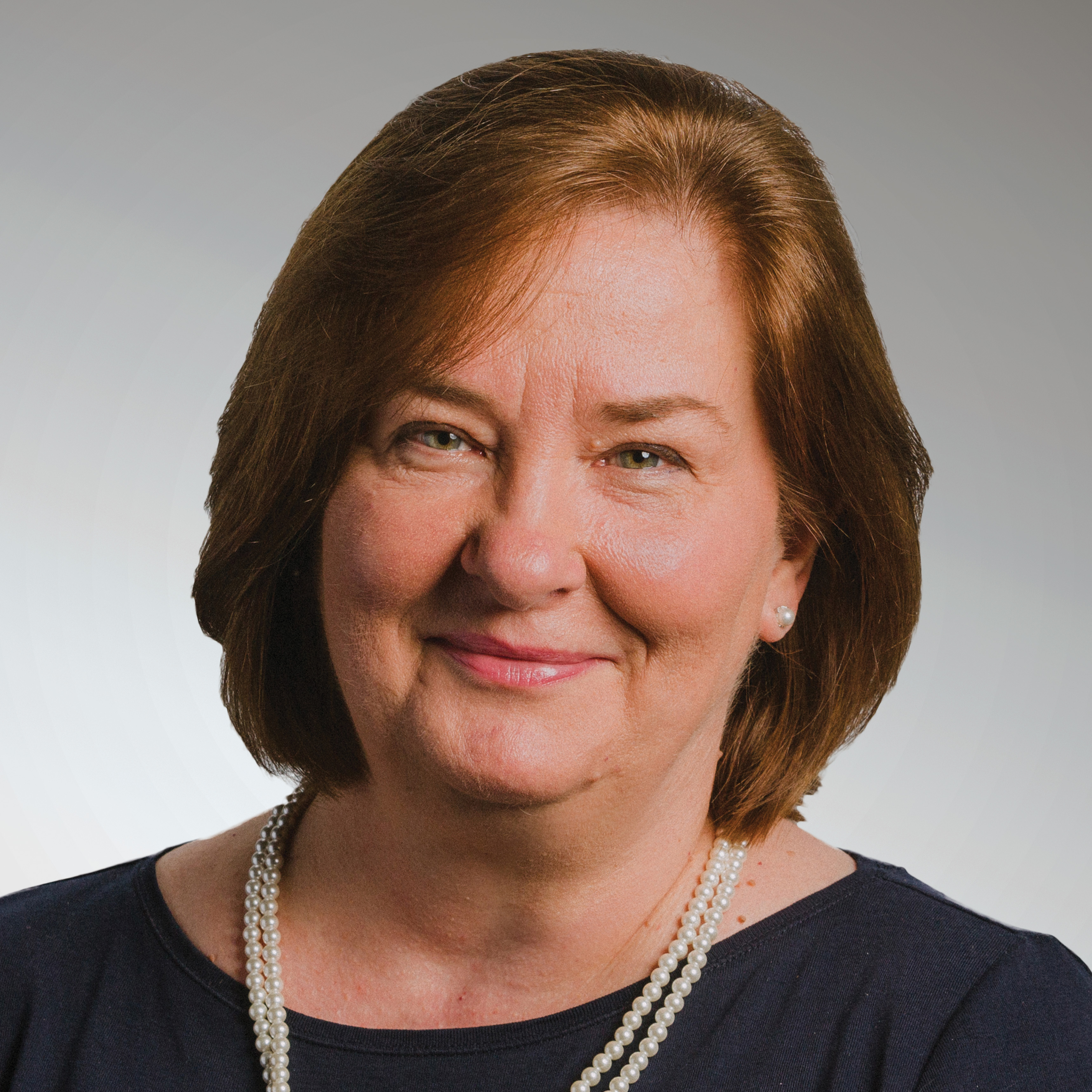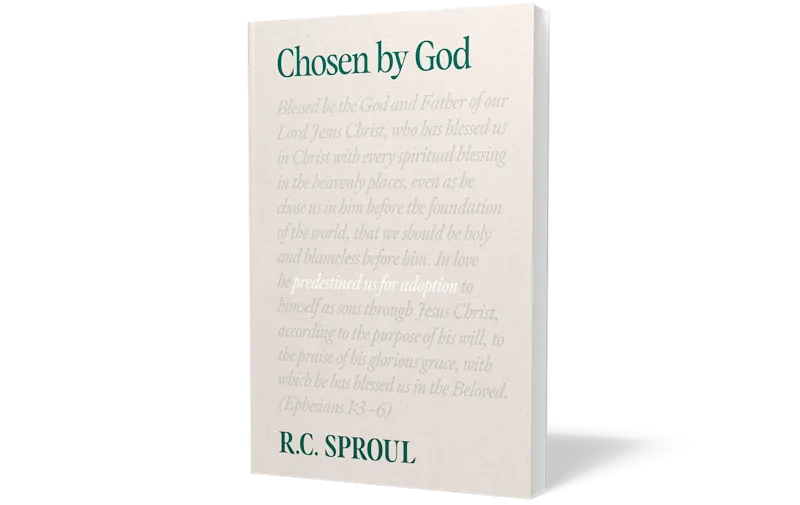 This unique audio offering from the newly formed Ligonier Sinfonia, led by Dr. Terry Yount, is a treat both historically and musically. Samples from Baroque concerto literature like Bach's Violin and Oboe Concerto in d minor, plus a variety of instrumental works by Telemann, Handel, Vivaldi, and Couperin will delight Baroque fans. These high Baroque pieces feature recorder and harpsichord, organ and strings, flute, oboe, gamba, and harpsichord solo. Enjoy a taste of the popular music from the courts of Weimar, Paris, Venice and London. Fourteen tracks altogether.
This unique audio offering from the newly formed Ligonier Sinfonia, led by Dr. Terry Yount, is a treat both historically and musically. Samples from Baroque concerto literature like Bach's Violin and Oboe Concerto in d minor, plus a variety of instrumental works by Telemann, Handel, Vivaldi, and Couperin will delight Baroque fans. These high Baroque pieces feature recorder and harpsichord, organ and strings, flute, oboe, gamba, and harpsichord solo. Enjoy a taste of the popular music from the courts of Weimar, Paris, Venice and London. Fourteen tracks altogether.
Here's Dr. Yount's helpful introduction to this release:
The music in this recording is not intended to be an exhaustive survey of the high Baroque - something that would doubtless fill hundreds of recordings. Instead, it is a sampling of the various types of music popular during the rise of European rationalism with its flourishing of the arts. Each composer is a master of his genre and materials. Each sample represents an instrumental style, that reached its zenith in the last 60 years of what is called the late Baroque period, roughly 1680-1740.
In the best sense, the late Baroque period was a time of experimentation, grappling with new ways to perform instrumental music for court, church, and the growing middle class as they acquired instruments to enjoy in their homes. It was also a time of political upheaval, as nobles struggled to keep power as they had enjoyed it. It was a time when churches fought to keep what they thought of as their own heritage: Protestants as they struggled in England finally found a sympathetic monarch in Queen Anne, but were soon to encounter the unpredictable King George. Catholics scurried to regain influence over their receding church populations with reforms aimed at disenchanted refugees from the 'people's movement.' Composers reflected their newfound importance as orchestras moved from dining halls and courtly performances to the earliest concert halls. The community concert was quickly becoming the province of the burgeoning middle class.
Although German by birth, Handel gained a reputation as impresario, performer, composer, and court favorite in England. His Italian style operas and oratorios were accented with the anthem tradition of Purcell and the contrapuntal dexterity of the German tradition. In France, Francois Couperin wrote a famous treatise, L'Arte de Toucher le Clavecin, "The Art of Playing the Clavecin," which largely established performance practice in that country. His sets of harpsichord pieces were designated "Suites" by number and included catchy titles that anticipated later Romantic character pieces. In Italy, the ordained red-haired priest Vivaldi, although occupied by his orphanage/home for young girls, wrote delightful and widely circulated concertos for the most favored solo instruments, including the lute or the mandolin. And in Germany, rivals Telemann and Bach, both widely respected, carried the heavier German tradition to more delicate places as they incorporated Italianate and French compositional techniques in their music. In his sonatas for solo instruments with harpsichord accompaniment, Telemann gave rise to an entire genre of virtuosic pieces accessible to the general public - the flute sonatas typify his musing over French and Italian models, showing off the delicacy of the recorder. For Bach, music was not only a source of entertainment, but a scientific and aesthetic banquet. His reputation for contrapuntal twists and turns is artfully disguised in duettos like "Mein Freund ist mein" from Cantata no. 140. Indeed, in his suite movements for harpsichord, his instrumental concertos, and his solo sonatas, he is a great synthesizer: the Francophile par excellence, the flamboyant Venetian, and the pragmatic middle-class Lutheran in Thuringia scraping out a living to feed his growing family. His Christian faith shades everything, but he makes no sentimental gestures to appease the bourgeois audiences in his orbit. His is a music generated from a heart galvanized by the Christian gospel. Fifty years after Bach's death, hardly anyone outside the music 'academy' had heard of his music. But in the meantime, Haydn, Mozart, and Beethoven were assiduously tracing Bach's techniques on what were regarded as masterpieces in their own pursuit of musical significance. Today Bach's shadow hovers as a gigantic archetype for the preservation of rare beauty, revered over and over as the master of all masters.
The lasting element in a composer's oeuvre is usually not clearly evident until two or more generations after his passing. This was especially true for Bach -- but to some degree also Handel and Vivaldi. Among Baroque musicians, these giants were merely doing what their Creator had prepared them to do. That is, to give voice to a yearning that resides deep in the human soul through music: the organization of sound waves in actual time, resulting in enjoyment for listeners. It is no accident that Albinoni's "Adagio" for organ and strings is a logical vehicle for the realities of Good Friday with its somber opening, rising harmonic tension, and evocative violin solo. Indeed, instrumental pieces like Bach's Menuet and Badinerie or Vivaldi's Mandolin Concerto in D are carefully aimed at the wide range of emotions evoked in their listeners.
If the music of a composer was self-consciously faith-based, even frankly evangelical, it was no excuse for emotional indecency. Always rising above the fray, the best composers developed a singular voice, something this recording celebrates. We invite you to the aesthetic banquet they have prepared for us, on instruments that in the late Baroque had 'come of age' as virtuosic and emotionally affective vehicles whose sound echoed into the next century and beyond.
 About Dr. Yount
About Dr. Yount
Terry Yount holds a DMA in organ performance and literature from the Eastman School of Music where he served as a graduate Teaching Assistant. Formerly on the faculties of Kentucky Wesleyan College and Baltimore's Towson University, he has been on the Rollins College music faculty since 1999, and recently joined the music faculty of Orlando's University of Central Florida. He is also the organist at Saint Andrew's in Sanford, Florida where Dr. R.C. Sproul serves. As a soloist, he has performed in the United Sates, Canada, and Japan.

